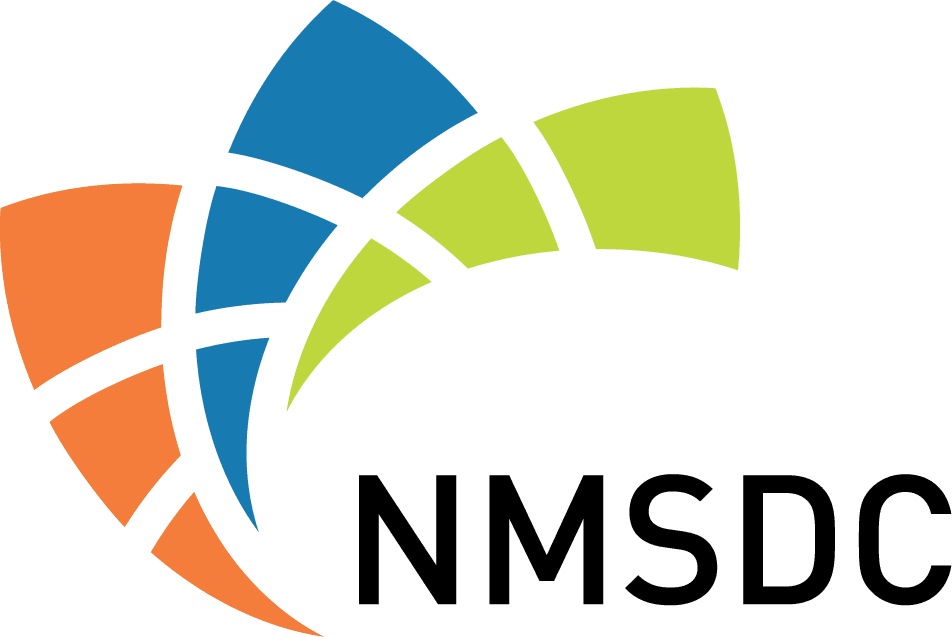
The Coca-Cola Company’s longstanding commitment to supplier diversity has never been more important, as minority-owned businesses – particularly Black-owned enterprises – continue to bear the 2020 economic brunt of both the coronavirus pandemic and systemic racial injustice.
More than 40% of Black-owned businesses had shuttered due to COVID-19 as of May, according to data from the National Bureau of Economic Research. And while government relief programs have helped some owners, many still need support and are at risk of closing permanently.
Coca-Cola recently announced plans to step up spending with Black-owned enterprises across its supply chain by at least $500 million over the next five years. The pledge – which is more than double the company’s current spend with Black-owned businesses – will provide Black entrepreneurs and innovators with opportunities for growth and economic empowerment. This commitment goes beyond our previously stated goal of $1 Billion.
“Enabling a spirit of resilience is part of the Coca-Cola DNA,” said Terrez Thompson, VP, Global Supplier Diversity, The Coca-Cola Company. “The events of 2020 have motivated us to expand exponentially the work we do. We know we can be part of the solution by accelerating our investment in Black-owned businesses and doing our part to push their pivot to the tipping point. We want them to not only survive, but to thrive, because a healthy entrepreneurial spirit is critical to the health of economies and communities.”
Spending will focus on existing partners across the Coca-Cola supply chain – from warehousing and construction engineering, to transportation and facilities management, to IT and marketing. Thompson is quick to note that the company’s stepped-up commitment to Black-owned suppliers is in addition to – not at the cost of – its support of all diverse businesses across the supply chain.
Supporting a diverse supplier base brings innovation and agility to the Coca-Cola system during a time when it’s needed most. Many Black-owned operators are navigating the “new abnormal” by reinvesting in their local communities and finding ways to innovate and pivot. For instance, Harris & Ford – which provides ingredient logistics and warehousing support to Coca-Cola – has transformed its operations to produce hand sanitizer. Coca-Cola has purchased $70,000 in sanitizer from the firm for use in its facilities. And eco-friendly cleaning solutions provider DevMar Products partnered with seven fellow women-owned businesses in Nashville to form a collaborative focused on providing offices with personal protective equipment (PPE), sanitizing products and more.
“In the wake of COVID-19, supply chain distribution channels have been challenging, yet it is where true partnerships have meaning when both parties work closely together toward successful outcomes,” Sharon W. Reynolds, DevMar Products president and CEO, said of her company’s collaboration with Coca-Cola. “I am proud to be a part of an organization that truly makes a difference throughout the world.”
To support the $500 million commitment, Coca-Cola became the first corporate partner to pledge support for the National Minority Supplier Development Council (NMSDC)’s “In This Together” campaign to help America’s Black business community recover from the economic hardship of 2020. Coke will continue to partner with NMSDC on programs that develop, educate and provide access to invaluable resources to minority business enterprises (MBEs) nationwide.
In addition to supporting the “In This Together” campaign, Coca-Cola recently expanded its Women of Color initiative through a partnership with the Minority Business Development Agency (MBDA) and helped the NMSDC reach nearly 6,000 women through virtual programming in less than a month. In July, more than 250 Latina women entrepreneurs completed a Spanish language version of the company’s Supplier Training & Empowerment Program (STEP) in partnership with the U.S. Hispanic Chamber of Commerce.
“These development-focused partnerships are fundamental to driving sustainable progress,” Thompson said. “The return on investment we see in helping suppliers build capability and capacity is significant and almost immediate.”
Additionally, the company’s Supplier Development training program – a partnership with the University of Georgia’s Small Business Development Center to help diverse suppliers build capability and competitively pursue contracts and business opportunities – expanded from five to 19 participants.
Learn more about The Coca-Cola Company’s enduring commitment to supplier diversity.
Source: The Coca-Cola Company

